Cocaine, a powerful and addictive stimulant drug, is derived from the coca plant native to South America. It has been historically used for medicinal purposes, but today it’s more known for its harmful and damaging effects on the brain and body. Cocaine use can quickly escalate into a serious disorder, affecting not just the user’s health but also their relationships, work, and overall quality of life. The link between cocaine and your brain can cause serious side effects, especially if you use it long-term.
California Centers for Recovery offers a comprehensive cocaine addiction treatment program that includes medical detox. Our luxury rehab center provides a secure and comfortable environment to help individuals work through the physical, emotional, and psychological withdrawal symptoms associated with cocaine addiction. Our experienced team of medical professionals will be there to monitor your progress throughout the detox process and ensure that you receive the best care possible. Learn more about our cocaine detox in California by calling 877.328.5682.
Recognizing Cocaine Use Disorder
Cocaine use disorder is characterized by a problematic pattern of cocaine use leading to clinically significant impairment or distress. Symptoms may include a strong desire to use cocaine, unsuccessful efforts to control its use, and continued use despite knowing its harmful consequences.
Recognizing the signs of cocaine addiction is the first step toward addressing it. Physical symptoms can include:
- Increased energy
- Decreased appetite
- Rapid speech
- Dilated pupils
- Restlessness
Behavioral changes can range from mood swings, paranoia, and irritability to unpredictable, erratic, and aggravated behavior.
How Cocaine Changes the Brain
Cocaine alters the brain’s chemistry by blocking the dopamine transporter, a protein that helps recycle dopamine, a neurotransmitter associated with pleasure and reward. This leads to an excess of dopamine in the brain, causing intense feelings of euphoria. However, with repeated use, the brain adapts and begins to tolerate the drug, requiring higher doses to achieve the same effect, ultimately leading to addiction.
Moreover, these chemical changes can disrupt other neurotransmitter systems, including norepinephrine, which affects attention and responding actions, and serotonin, which influences mood and impulse control. Cocaine’s impact on the brain can cause physical and psychological issues, including anxiety, depression, sleep problems, and impaired cognitive function.
Recognizable Effects of Cocaine on Mental Health
Long-term cocaine use can lead to significant mental health problems. It can cause drastic mood swings, depression, anxiety, paranoia, and hallucinations. Some people may also experience “cocaine psychosis,” characterized by delusions and a loss of touch with reality.
The connection between cocaine use and mental health conditions is complex. While cocaine use can trigger or exacerbate mental health conditions, individuals with existing mental health issues are also more likely to use cocaine and other substances, often in an attempt to self-medicate.
When to Find Professional Addiction Help
Cocaine addiction is a condition that requires professional help. If you or someone you know is struggling with cocaine use, it’s crucial to seek assistance immediately. Treatment options can vary from detox programs, inpatient or outpatient rehabilitation, and counseling to medication-assisted treatment.
Recovery is not a one-size-fits-all process, and what works best will depend on the individual’s unique circumstances. It’s never too late to seek help and take the first step toward a healthier, cocaine-free life.
Cocaine Addiction Treatment at California Centers for Recovery
At California Centers for Recovery, we offer medical detox and comprehensive addiction treatment. Our goal is to provide a customized experience tailored to meet the individual’s needs. We ensure that all of our patients receive compassionate care in a safe and secure environment while they work on their recovery journey.
Learn more about how our California treatment programs can help reduce the connections between cocaine and your brain by calling 877.328.5682 or contacting us online.











